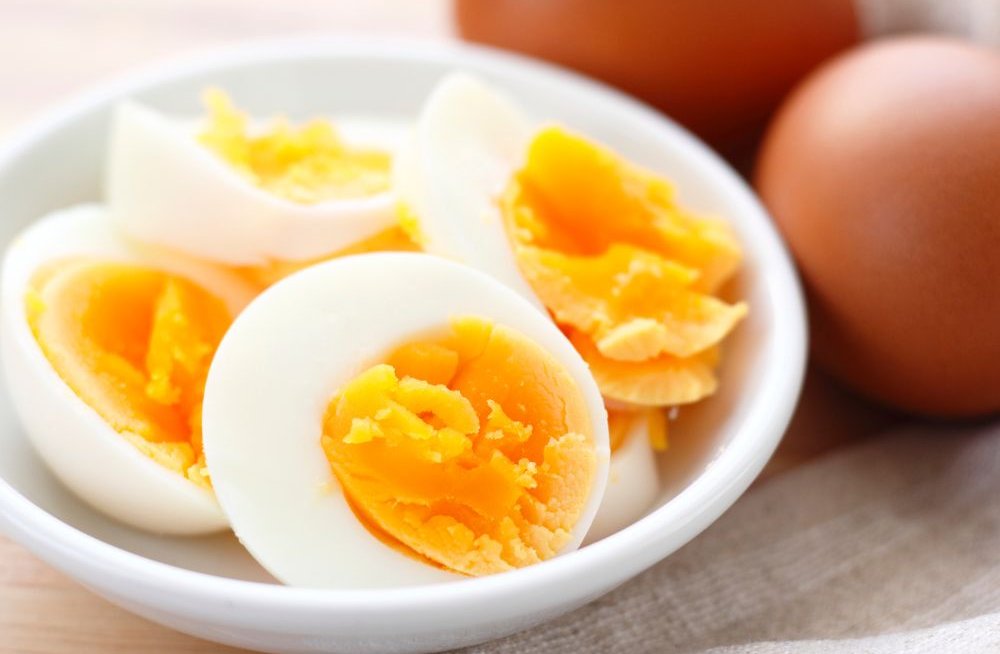Eggs are a powerhouse of nutrition, providing high-quality protein, vitamins, and essential nutrients. They are versatile and can be prepared in various ways, but cooking methods can influence their health benefits. Here, we’ll explore some of the healthiest ways to cook eggs while preserving their nutritional value and flavor.
1. Boiling
Hard-Boiled Eggs
Boiling is one of the simplest and healthiest ways to cook eggs. Hard-boiled eggs are cooked in their shells in simmering water, which helps retain most of their nutrients. This method is low in calories and doesn’t require any added fats.
Soft-Boiled Eggs
For a runny yolk packed with flavor and nutrients, soft-boiled eggs are an excellent option. They are cooked for a shorter time, allowing the yolk to remain creamy and delicious while still providing a healthy dose of protein.
2. Poaching
Poached eggs are cooked gently in simmering water without the shell. This method is excellent for preserving the egg’s nutrients, as no added fats or oils are required. Poached eggs can be served on whole-grain toast, salads, or as part of dishes like eggs benedict (with lighter sauces for a healthier twist).
3. Scrambling
When scrambling eggs, consider using minimal healthy fats like olive oil or avocado oil. Scrambled eggs can be nutritious if you add vegetables such as spinach, tomatoes, or bell peppers, enhancing their fiber and vitamin content. For an even healthier option, try using a non-stick pan to reduce the need for additional fats.
4. Baking
Baking eggs, such as in frittatas or egg muffins, is a great way to prepare a larger quantity without added fats. You can mix eggs with vegetables, lean proteins, and herbs, creating a nutritious meal. Baking allows for even cooking while preserving the nutrients.
5. Steaming
Steaming eggs is another healthy method that retains their nutrients without the need for added fats. This method can be used for making steamed egg custards or dishes like Chinese steamed eggs, which are light and fluffy.
6. Grilling or Broiling
Grilling or broiling eggs (like in a grilled vegetable and egg wrap) can add a unique flavor while using little to no oil. Just be cautious of cooking times to avoid overcooking, which can lead to a rubbery texture.
Tips for Healthier Egg Preparation
- Choose Fresh Eggs: Opt for organic or free-range eggs when possible, as they often have higher nutrient content and better overall quality.
- Limit Added Fats: When cooking, try to minimize the use of butter or heavy oils. Instead, use healthier options like olive oil or cooking sprays.
- Add Vegetables: Boost the nutritional value of your egg dishes by incorporating a variety of vegetables. This adds fiber, vitamins, and minerals.
- Mind Your Portions: While eggs are nutritious, balance them with other food groups in your diet to maintain a well-rounded nutritional intake.
Conclusion
Eggs are a nutritious and versatile food that can be prepared in several healthy ways. Boiling, poaching, scrambling with minimal fats, baking, steaming, and grilling are all excellent methods that help retain their beneficial nutrients while enhancing flavor. By choosing healthy cooking methods and adding vegetables, you can enjoy delicious egg dishes that support your overall health and wellness.

